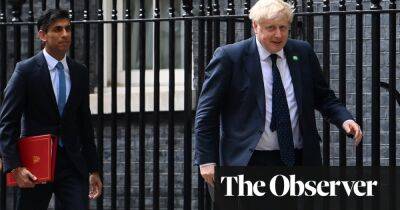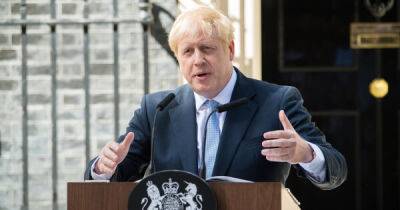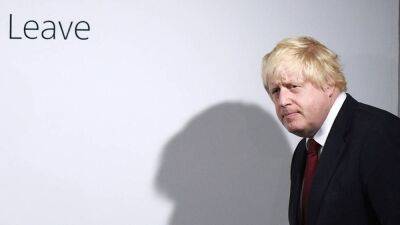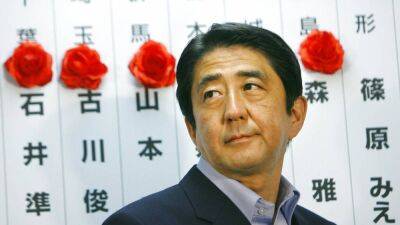Pound bounces back on news of Boris Johnson’s resignation
The pound has recovered from its lowest level in more than two years after Boris Johnson bowed to pressure and resigned as Conservative leader.
On Wednesday, the pound had fallen to its lowest level against the dollar since March 2020, sinking to $1.187 as the City watched political chaos unfold in Westminster with a series of ministers resigning and urging Johnson to quit.
Sterling rose back above the $1.20 mark on Thursday as investors welcomed some respite to the political crisis gripping the UK. Several economists were hopeful that risks of a trade war with the EU over the Northern Ireland protocol had eased.
Normally, a state leader resigning and creating new political uncertainty would cause a sharp selloff in the country’s currency, pointed out Investec economist Philip Shaw.
But Johnson’s departure, after two days of “utter domestic political chaos”, should at least reduce some of the downside risks facing the pound, Shaw predicted.
“In its discussions over the Northern Ireland protocol, Boris Johnson’s government has become increasingly hostile towards the EU in recent months, running the risk of increasing trade frictions with the EU,” he said.
“In addition, as public dissatisfaction with the UK government grew, Scottish independence may have seemed more appealing to Scottish voters.”
Modupe Adegbembo, G7 economist at Axa Investment Managers, agreed sterling had benefited from an easing of longer-term political uncertainty.
“We could also see a tangible shift in the government’s approach to Brexit – with the Northern Ireland protocol bill now likely to face more delays and most candidates likely supporting a more constructive approach – notably excluding Liz Truss,” Adegbembo added.
Gabriele Foà, co-portfolio manager at
Read more on theguardian.com

















